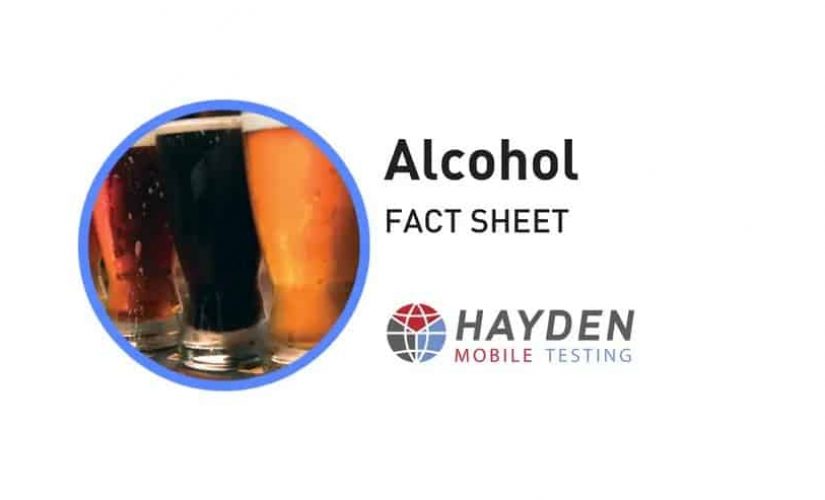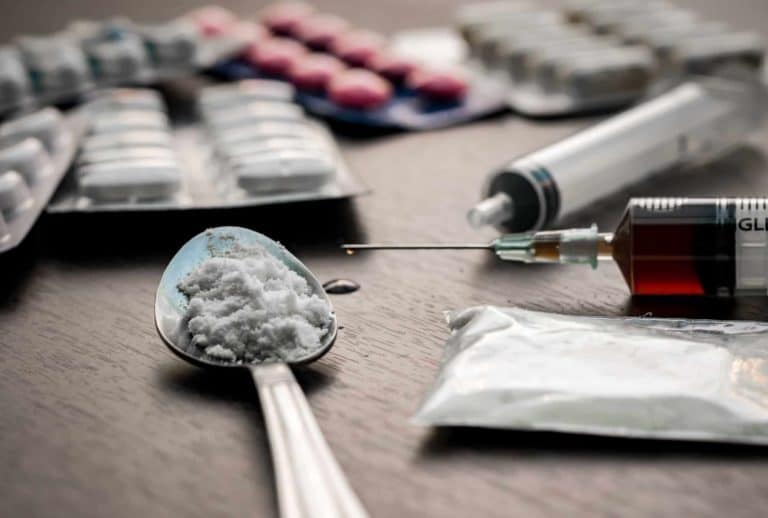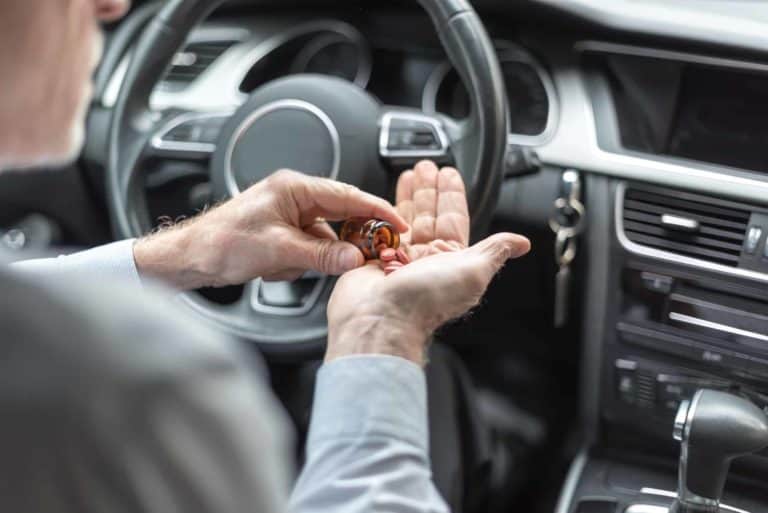
There is no safe level of drug use. Use of any drug always carries some risk.
It’s important to be careful when taking any type of drug.
Alcohol affects everyone differently, based on:
You may experience:
If you consume a lot of alcohol, you might experience:
The following day, you may have a hangover, which is:
To sober up takes time. The liver gets rid of about one standard drink an hour. Sweating it out with exercise, cold showers, coffee, fresh air or vomiting will not speed up the process. They may ease the symptoms, but they do not remove alcohol from the bloodstream any faster. This means it may not be safe to drive or work the following day.
The effects of drinking and taking other drugs − including over-the-counter or prescribed medications − can be unpredictable and dangerous, and could cause:
Alcohol + cannabis: nausea, vomiting, panic, anxiety and paranoia.
Alcohol + energy drinks (with caffeine), ice, speed or ecstasy: more risky behaviour, body under great stress, overdose more likely.
Alcohol + GHB or benzodiazepines: decreased heart rate, overdose more likely.
Giving up alcohol after drinking it for a long time is challenging because the body has to get used to functioning without it. Please seek advice from a health professional. Withdrawal symptoms usually start about 4 to 12 hours after the last drink and can last for about 4 to 5 days. These symptoms can include:
For more information on Alcohol – https://adf.org.au/drug-facts/alcohol/

The NSW economy is bustling and the construction industry is a major contributor to the

Hayden Workplace Testing is very proud to offer you a large range of services to

This article was posted by the Alcohol and Drug Foundation 24/08/16. Heroin deaths spike as

1/3 Hunter drivers test positive for drugs Police are concerned about the staggering amount of